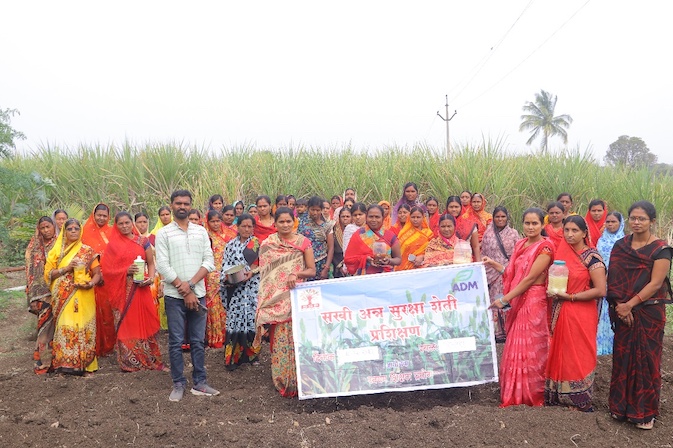CSR initiative to Empower Women Farmers and Champion Sustainable Agriculture in Marathwada, India
Related Articles
Adani University Emerges as Academic Hub for IETE West Zone Seminar and ISF Congress 2026
Adani University emerged as a key academic hub for the IETE West Zone Seminar and IETE Students Forum (ISF) Congress 2026, organised on the...
13 Cities, 400 Volunteers: The WE Foundation and Grant Thornton Partner to Combat Urban Waste on National Cleanliness Day
To commemorate National Cleanliness Day, The WE Foundation (TWF), a leading non-profit dedicated to creating inclusive societies, has announced a strategic partnership with Grant...
CSR News: STUDDS Accessories Ltd. Partners with Accord Superspeciality Hospital to Power Faridabad Half Marathon 4.0
New Delhi, India: Reinforcing its commitment to road safety, preventive healthcare and community well-being, STUDDS Accessories Limited, the world’s largest (1) two wheeler helmet...


